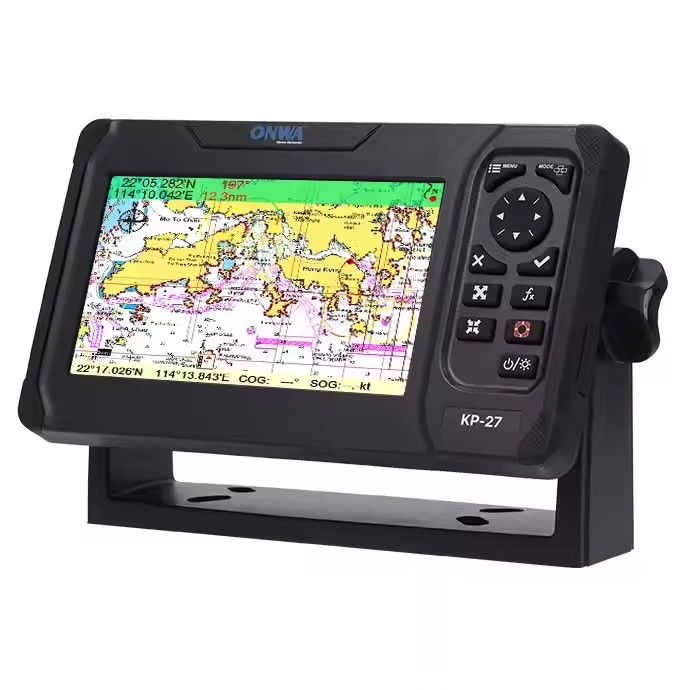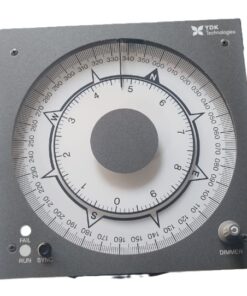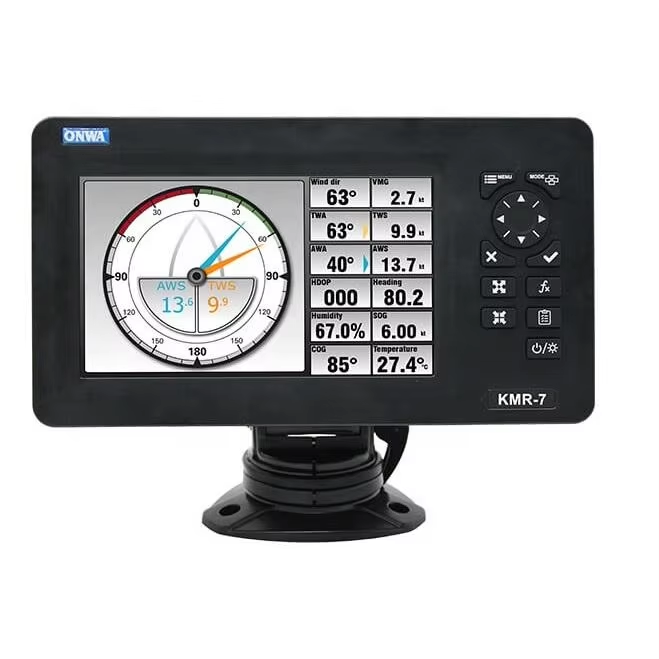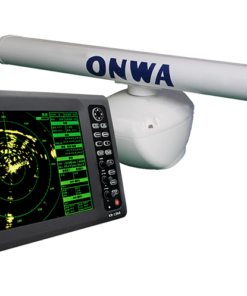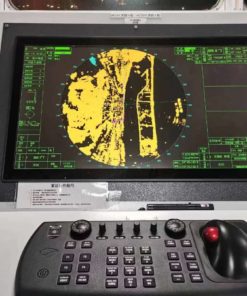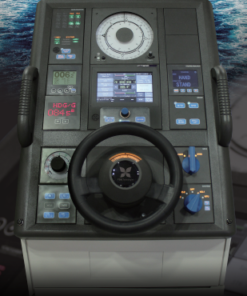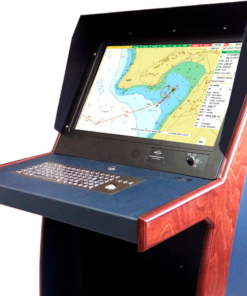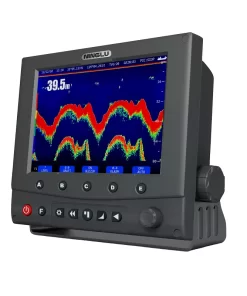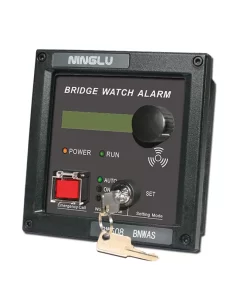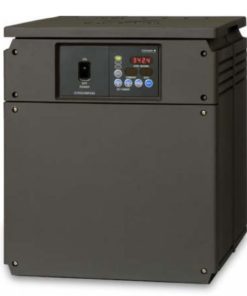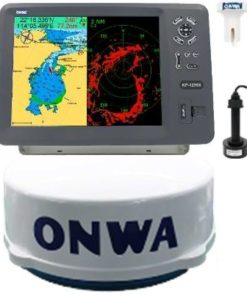DGPS
Marine Differential Global Positioning System (DGPS) is an enhancement to the standard Global Positioning System (GPS) designed to improve accuracy in maritime navigation. DGPS works by correcting GPS signals for errors caused by atmospheric conditions, satellite clock drift, and other factors. This correction data is transmitted from fixed reference stations located on land or aboard ships to DGPS receivers on vessels. By comparing the corrected DGPS signals with the raw GPS signals, DGPS receivers can calculate more precise positions with accuracies of up to a few meters. DGPS is particularly beneficial in coastal areas, ports, and inland waterways where accuracy is critical for safe navigation, especially in challenging environments with obstacles or limited visibility. It is widely used by commercial vessels, fishing boats, recreational boaters, and maritime authorities to enhance navigational safety, efficiency, and situational awareness on the water.


